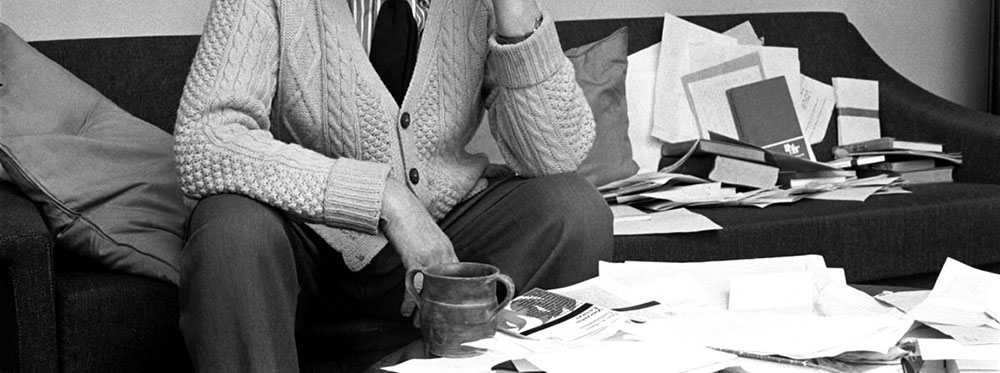February 2014
Crambe repetita (32)
4 February 2014, around 5.05.
If Paris had a feeling of its own in the air, so had England, but you only noticed it when you had been away. It was a feeling of damp, fresh security. Everything looked so right and so comfortably unexotic, like a cabbage.
A view (41)
8 February 2014, around 10.53.

… and it’s still snowing.
…it was his professional dullness he had recovered, the dullness that he had assumed long ago, when he was still shy, in order to mislead the people he had to talk to, and that had become an almost unconscious reflex.
daily
14 February 2014, around 22.11.

Taking pictures around the house.
It’s the repeated, regular acts – the habits – that are, oddly, the most interesting thing. I wouldn’t have thought it.
For his own part, Adams inclined to think that neither chaos nor death was an object to him as a searcher of knowledge – neither would have vogue in America – neither would help him to a career. Both of them led him away from his objects, into an English dilettante museum of scraps, of which nothing but a wall-paper to unite them in any relation of sequence. Possibly English taste was one degree more fatal than English scholarship, but even this question was open to argument.
- This passage was found using the sortes sort of haphazard reading; it appealed to me because I have been reading too many detective stories. [↩]
under the look of fatigue
21 February 2014, around 5.00.

Auden at home.1
Behind the corpse in the reservoir, behind the ghost on the links,
Behind the lady who dances and the man who madly drinks,
Under the look of fatigue, the attack of migraine and the sigh
There is always another story, there is more than meets the eye.
Auden is… I was going to say something along the lines of ‘Auden is the sort of poet’ and then I got bored with the idea. I think I also sort of got bored with the idea of writing about Auden’s poetry. Part of that was my choice of book: Tell me the Truth About Love is probably the wrong book for someone who doesn’t feel like reading love poems. Who’d have guessed it. I’m having trouble putting my finger on the problem. Perhaps the poems were too famous, too well-known, and so have lost whatever meaning they had in taking on the new meaning of notoriety (well, as much notoriety as a poem can get); I don’t think that’s the main problem, though.
The difficulty, of course, is that I only skimmed the surface. Without having the time to delve into any of the poems, they seemed to have the same dry ache of Housman, with a bit of added archness – even lines intended to yank on the emotions seemed reedy, petulant, and sentimental. This is not, of course, Auden’s fault. Rather, I read this book out of season, and with stuff of this sort circumstance is everything. In any case, I rather enjoyed ‘The Guilty Vicarage’, and have hopes of returning to it at some later date. Or not.
- Photograph from an interesting collection of photos of Auden by Mark Anstendig. [↩]
